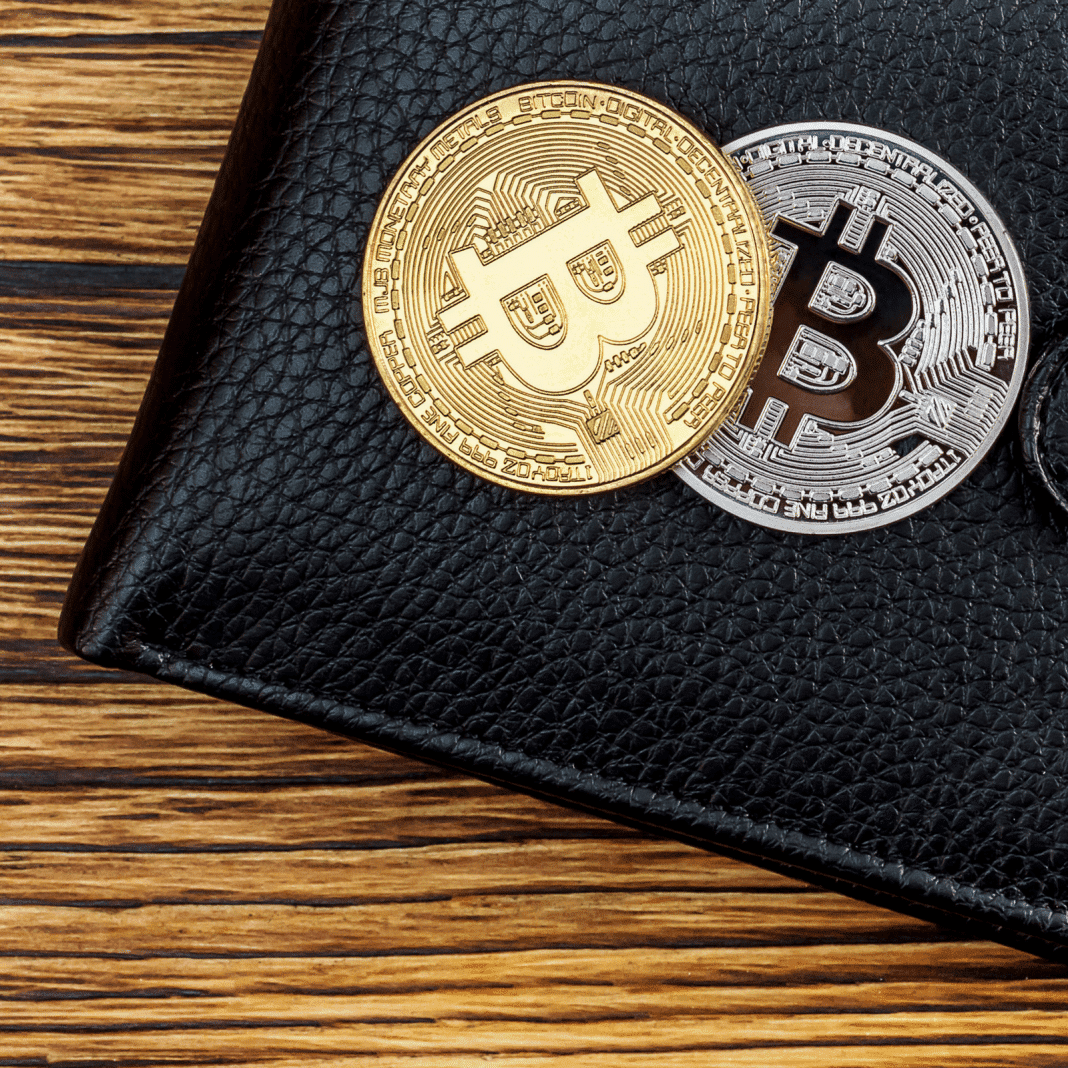Content
Let’s dive into how market makers operate, why they’re important to the stock market, and how they make money. The prices set by market makers are a reflection of demand and supply. Stockbrokers can also perform the function of market makers at times. It, however, represents a conflict of interest because brokers may be incentivized to recommend securities that make the market to their clients. Consider a situation where a market maker in stock alpha can provide a quote for $5-$5.50, 100×200. It means that they want to buy 100 shares for the price of $5 while simultaneously offering to sell 200 shares of the same security for the price of $5.50.
I have been following a former FX trader on YouTube who is constantly talking about market makers. Like superwealthy individuals or firms manipulating the marketplace. True to a degree I suppose, but also some nuance and a necessary evil. If their orders stopped, it’d be harder for traders to get in and out of their trading positions. These market makers trade securities for both institutional clients and broker-dealers. They can use high-frequency trading algorithms to create optimized bundle orders.
How can I become a market maker?
The rights and responsibilities of market makers vary by exchange and by the type of financial instrument they trade, such as equities or options. Each market maker displays buy and sell quotations for a guaranteed number of shares. Once the market maker receives an order from a buyer, they immediately sell off their position of shares from their own inventory.
Hedge Funds, Banks and Market Makers. How bout you and your other political buddies do your job and make sure our financial markets don’t collapse from their corruption manipulation and outrageous over leveraging. Or do you profit from it as well. #AMC #AMCNOTLEAVING #amcstock
— TiteLikeTiger (@TiteLikeTiger) August 15, 2021
As a retail trader, you can’t swap trades with your trading buddies like that. But you can do your best to stay on top of the latest news as soon as it breaks. A principal trade is when a brokerage firm fills https://xcritical.com/ a customer’s trade with its own inventory. An agency trade is when a brokerage firm finds a counterparty to the customer’s trade. Then they close that trade by purchasing the institutional sell order.
What is a Market Maker?
Brokerage firms, investment firms, and stock exchanges hire them to keep markets moving. Assume that both buyer B and seller S use Robinhood as their broker and that T1 is Citadel. Through PFOF, Citadel pays Robinhood a small fee in exchange for the right to execute trades requested by Robinhood users, who in this example are buyer B and seller S.
- To explain PFOF, let’s return to the trading network pictured above.
- The market makers buy shares at a lower price and sell them at a higher cost.
- In addition to being a buyer or seller of last resort, market makers also keep the spread between the bid and ask low.
- They adjust the price based on the current supply and demand for the asset.
- The higher the liquidity of a digital asset, the more difficult it becomes to manipulate the price of that token.
- As seen from lecture, market makers are intermediaries between buyers and sellers in the trading network.
- Market makers typically work for large brokerage houses that profit off of the difference between the bid and ask spread.
By acting as custodians, market makers allow investors to gain exposure to assets that would otherwise be unavailable to them. Based on all of the above, we can conclude that market makers are integral to any financial market, ensuring that a key indicator of any instrument, liquidity, is constantly stable. An exchange transaction may only be completed with the participation of a market maker following market rules.
What is Market Maker?
One of the first things you need to know is that trades can be executed in a number of different ways. Your access to this site was blocked by Wordfence, a security provider, who protects sites from malicious activity. You don’t want to get stopped out of a trade only to see the stock take off right after.
Liquidity provision in a decentralized network protocol works rather differently. There are no companies nor other centralized entities involved at the protocol level. The network operates on the principles, and according to the code, that is running on the network, similar to an AI. Unofficial market makers are free to operate on order driven markets or, indeed, on the LSE. They do not have the obligation to always be making a two-way price, but they do not have the advantage that everyone must deal with them either. In the absence of market makers, an investor who wants to sell their securities will not be able to unwind their positions.
How to Find Breakout Stocks Using The Pro Scanner
Without market makers, however, trading would slow down significantly. It would take considerably longer for buyers and sellers to be matched with one another. This would reduce liquidity, making it more difficult for you to enter or exit positions and adding to the costs and risks of trading.

MMs earn a living by having market participants buy at their offer and sell to their bid over and over again, day in and day out. Market-making facilitates a smoother flow of financial markets by making it easier for investors and traders to buy and sell. Without market making, there may be insufficient transactions and fewer investment activities. If a market maker wants to drive down a stock price, it’s not as simple as shorting a stock. That kind of risk is something we retail traders have to deal with.
Market Making Signals
The market maker is a steady buyer of Apple shares at declining prices as traders move to unload their positions. In this way, the market maker refills their inventory of Apple shares which had previously been sold in the morning. Market makers, who may be either independent or an employee of financial firms, offer to sell securities at a given price and will also bid to purchase securities at a given price .
The brokerages sometimes even make deals to send the bulk of their order flow to a specific MM. The market maker NITE mastered the order flow practice in the early 2000’s (when online & electronic trading began to explode) to become the most important MM on the block. Essentially, this market maker pays your brokerage firm to get your order. This may surprise you but most brokerage firms – traditional and online – don’t actually buy or sell your stock themselves. This is where a group of traders known as “market makers” come into play. But doing so incentivizes them to recommend their firm’s stocks.
Market Makers
This creates significant liquidity and market depth, which benefits retail traders and institutions alike. As seen from lecture, market makers are intermediaries between buyers and sellers in the trading network. To facilitate a transaction, market makers purchase a security from a seller at a bid price and then sell the same security to a buyer at an ask price.
This might be possible in small capitalization or penny stocks, but there’s little evidence of it being a widespread issue with most companies listed on the primary American stock exchanges. A market marker is an individual or broker-dealer that has registered with an exchange to buy and sell shares of given stocks directly from other market participants. Financial exchanges rely on market makers to provide orderly trading of the underlying stocks, options, and other products listed on their platforms. A number of market makers operate and compete with each other within securities exchanges to attract the business of investors through setting the most competitive bid and ask offers.
That’s why market makers want compensation for creating markets. They earn their compensation by maintaining a spread on each stock they cover. Some types of market makers are known as “specialists.” A specialist is a type of market maker who operates on certain exchanges, including the New York Stock Exchange. Although their functions are similar, specialists focus more on facilitating trades among brokers directly on the floor of an exchange. A specialist is one type of market maker who often focuses on trading specific stocks. Market makers earn profit from taking risk, namely that they will be able to resell shares they purchase at a profit.
Hear him talk about his heyday of market making on one of our most-watched episodes to date. This means they pay brokerages to direct customer orders their way. So they can work in-house at a major investment firm or independently.
Market makers are compensated for the risk of holding assets because they may see a decline in the value of a security after it has been purchased from a seller and before it’s sold to a buyer. Making a marketsignals a willingness to buy and sell the securities of a certain set of companies to broker-dealer firms that are members of that exchange. Brokerage houses are the most common types of market makers, providing purchase and sale solutions for investors.
We know this to be true because market-making firms are incredibly profitable. If markets were typically in equilibrium, such revenue numbers would not be attainable as market makers earn no profit in perfect competition. Placing multiple market makers in the trading network encourages them to compete against each other to fill buy and sell orders. In the graph above, we can see that both T1 and T2 seek to connect buyer B and seller S. Naturally, T1 and T2 both offer more competitive bid-ask prices in an attempt to outbid each other until both their bid and ask prices converge to 1/2. This is an example of perfect competition, or equilibrium, where the market makers realize no profit for facilitating transactions.
Investopedia does not include all offers available in the marketplace. Market makers must operate under a given exchange’s bylaws, which are approved by a country’s securities regulator, such as the Securities and Exchange Commission . Here are 3 ways you can get fresh, what is market maker in crypto actionable alerts every single day. Market makers are a tricky concept, so it’s common to have questions about how they work and how they make money. Market makers work with firms that are registered with FINRA, and they typically receive orders electronically .
